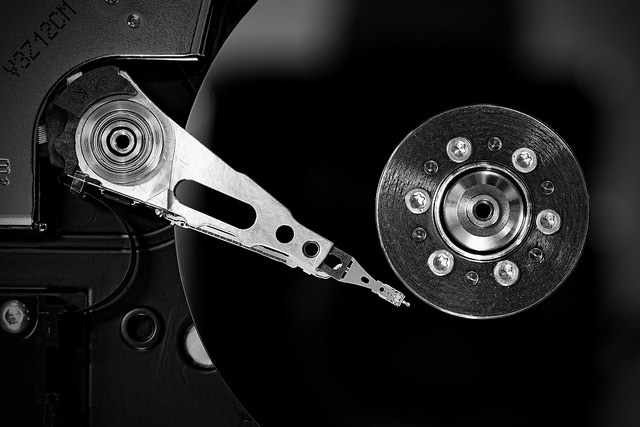Certain types of bacteria can navigate using magnetic nanoparticles as tiny compasses. Researchers at the University of Leeds have extracted the protein that controls this process and applied it to computing. Typical hard drives use use "granular computing", while this new method relies on bit-pattern media, where each miniscule magnetic square on a surface can store one bit.
The team is close to recreating the data density of modern hard drives, and hope eventually to be able to store one terabyte of date per square inch – more advanced than any existing hard drive. According to Sarah Stanilan, who lead the research, "We're using and abusing nature because it's had billions of years to do all of its experiments through evolution, so there is almost no point in us starting from scratch."
Photo via Downhilldom. Story via New Scientist.

Share your thoughts and join the technology debate!
Be the first to comment